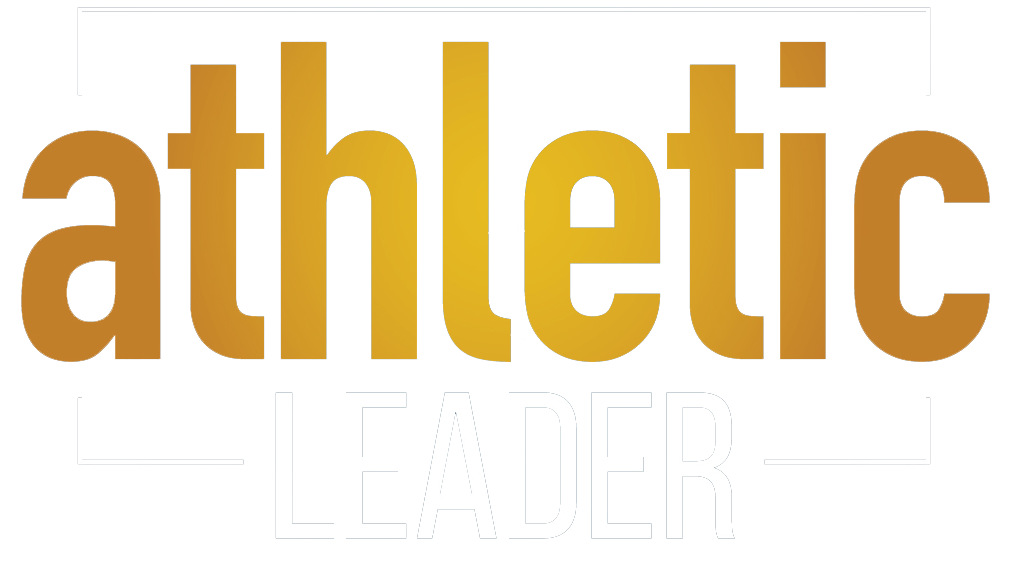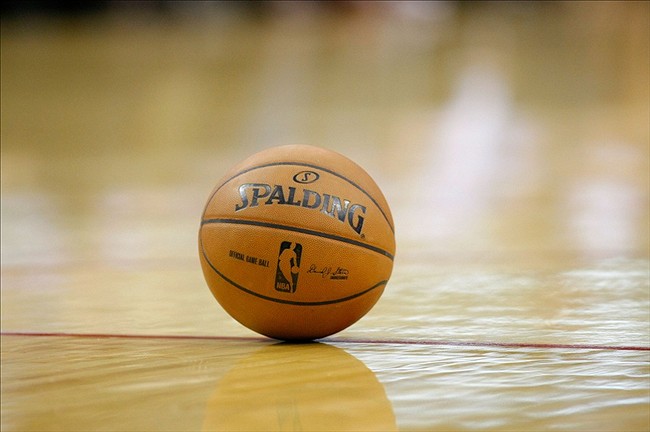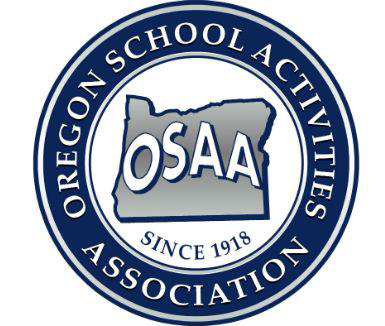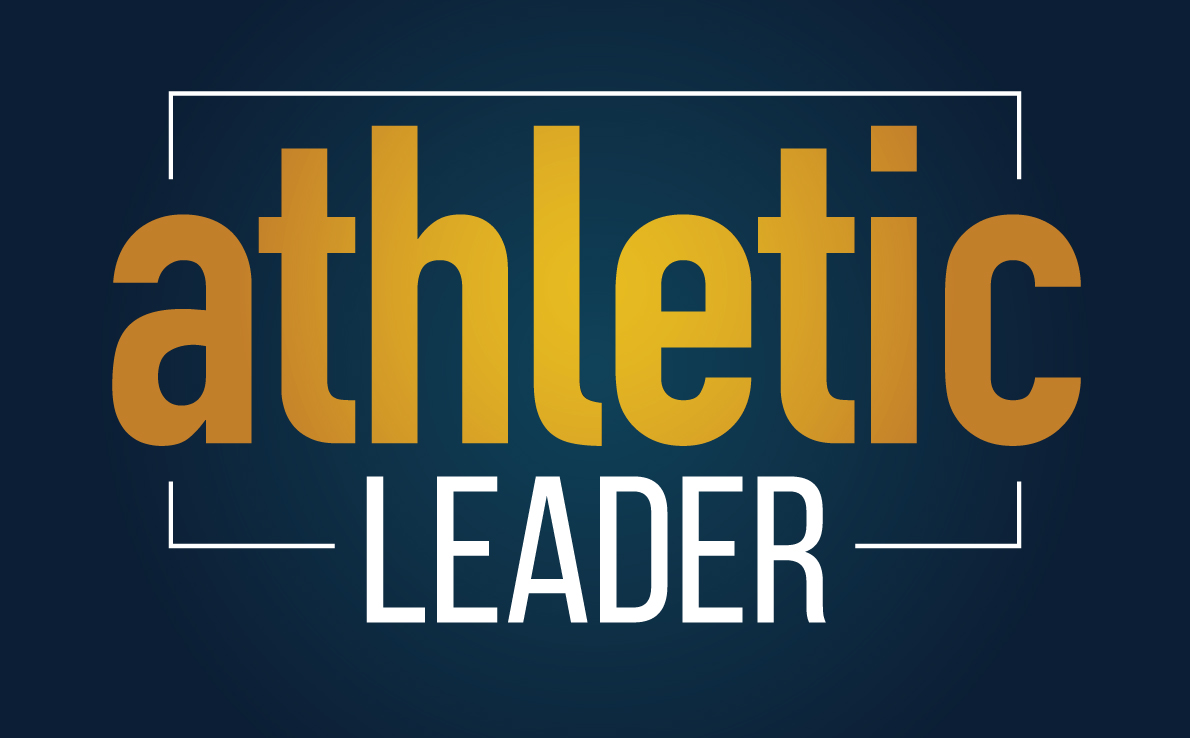Six Percent of FBS Schools Have Plans to Provide Academic Bonuses
A recent article from ESPN’s Dan Murphy details the results of his research. Below is an excerpt from Murphy’s ESPN article.
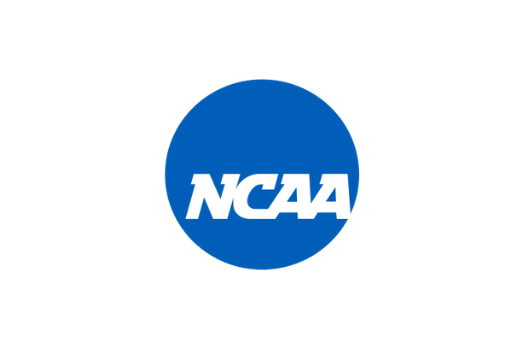 Schools are not required to provide any new benefits or cash bonuses but have the option to do so. Of the 130 schools contacted, 101 provided a response. Among the findings:
Schools are not required to provide any new benefits or cash bonuses but have the option to do so. Of the 130 schools contacted, 101 provided a response. Among the findings:
- Twenty-two schools said they have plans in place to reward their athletes with payments for good grades this semester.
- Thirty-four said they have not yet decided if or when they will start to pay academic bonuses.
- Twenty said they will not make bonus payments this year, but plan to make them in the future.
- Fifteen said they have no plans to pay academic bonuses.
- Ten responded to public records requests by saying they have no relevant documents of a plan to share, or by providing documents that disclosed no information about an existing plan to make academic bonus payments.
The results provide another example of the financial disparity among schools within the bowl subdivision. Nine of the 22 schools with plans to pay bonuses this year compete in the nation’s richest conference, the SEC. Georgia, the reigning national champion in football, is the only SEC school that said it was still undecided on bonus payments.
“We want to do everything we can for our student-athletes,” said Hilary Cox, an associate athletic director at South Carolina, which announced its plans to pay bonuses earlier this year. “I don’t think it was a difficult decision. It’s a substantial amount of money, but it was something that our athletic director and administration thought was important.”
Five schools in the Big 12 said they will pay bonuses this year. The ACC and Pac-12 have three schools paying bonuses this year. Wisconsin is the only Big Ten school that said it would pay bonuses this year, but it also said it was still figuring out the specifics details. Five other Big Ten schools said they will pay athletes but not this year.
The challenges of COVID-19 may have played a role in a slower-than-expected response to these rule changes, according to attorney Jeffrey Kessler, who represented the plaintiffs in last summer’s Supreme Court case. He said he was pleased to see a general trend toward athletes getting more.
“The competitive market will emerge and we fully expect everyone will have these in the near future,” Kessler said. “If not for COVID, I think it would have happened more quickly. … With the combination of the educational aid and NIL, it’s hard to not see that the welfare of athletes today is significantly advanced to where it was prior to the Alston decision.”
All but one of the schools paying academic bonuses this year come from a Power 5 conference. UConn, a member of the Big East, said it will pay bonuses to its men’s and women’s basketball players who earn them this year and hopes to include other sports in the future. A half-dozen other schools from non-Power 5 conferences say they plan to pay bonuses to their athletes in the future.
To read the full article from ESPN, click here.
